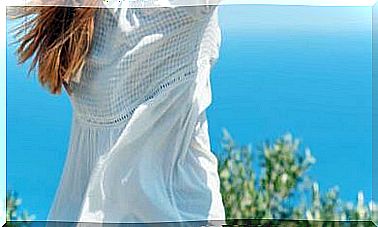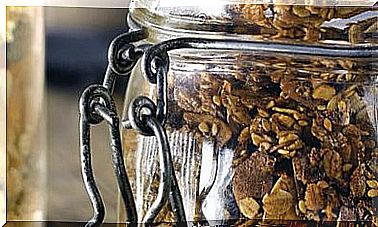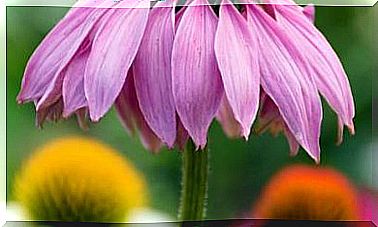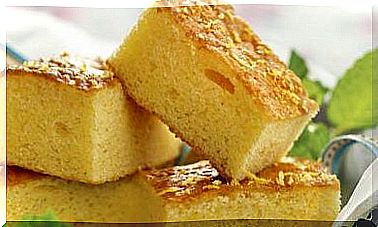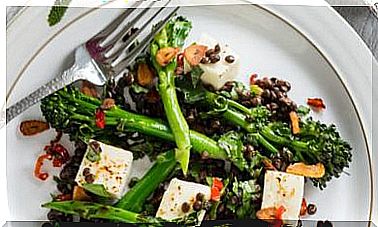Finding: Plants Could Become Sources Of B12
Research finds that vitamin B12 can accumulate in the leaves of plants that have been grown in soil enriched with the nutrient.
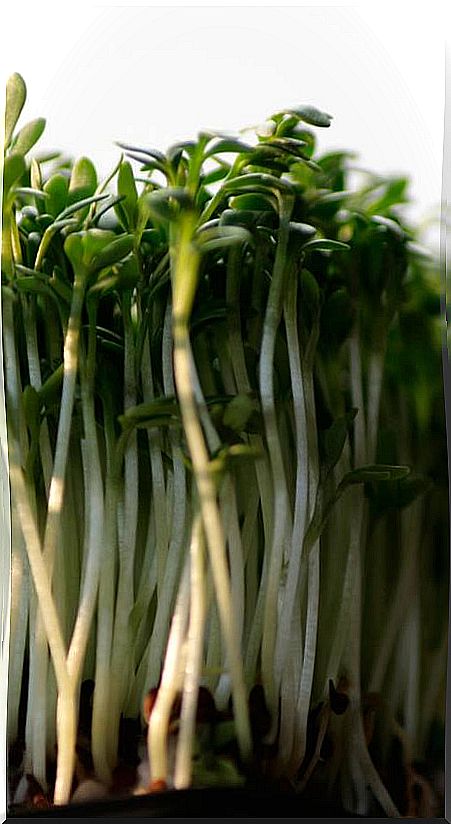
Until now, no plant food was known to contain vitamin B12 (cobalamin) that can be used by the body and in sufficient doses to be considered a useful food source.
There are studies that have found active B12 in nori seaweed and chlorella, but in such small amounts that it is not possible to use it to obtain this nutrient.
That is why nutritionists and vegetarian and vegan associations advise those who eat a diet without meat or fish that they should take a B12 supplement.
Dairy products contain this nutrient, but to meet the RDA they should be consumed in amounts that would throw the diet out of balance.
Plants like watercress could contribute B12 in the future
However, research conducted at the University of Kent (UK) has shown that some plants can absorb vitamin B12 from their environment, so they could become useful food sources. The study has been published in the journal Cell Chemical Biology.
Professor Martin Warren, who has led a team made up of teachers and students, has measured the presence of vitamin B12 in watercress that were sown in a medium enriched with vitamin B12.
Vitamin B12 can accumulate in leaves
After 7 days, the watercress leaves were harvested, which were washed and analyzed. The tests showed that the plants had accumulated vitamin B12 in the leaves.
To confirm this initial finding, the team of researchers produced vitamin B12 that emits fluorescent light when viewed under laser light.
In this way, it was found that vitamin B12 accumulates in the vacuoles of the cells that form the leaves. Thus it has been definitively shown that plants, under the right conditions, can absorb and transport cobalamin.
In addition, the study has determined that the amount of vitamin B12 accumulated in the leaves is proportional to the amount present in the growing medium.
Enriched vegetables to avoid deficiencies
Martin Warren and his teammates say that this finding may have positive implications for the world’s food and nutrient supply.
It can be a way of tackling a great planetary challenge: meeting the vitamin B12 needs of a growing world population that will find it increasingly difficult to access meat or fish (the production of these foods on a large scale is polluting and little sustainable).
Watercress and other plants naturally enriched with cobalamin could solve the problem of deficiency of this nutrient in countries such as India or China.
Where does vitamin B12 come from?
In nature, vitamin B12 is synthesized by certain bacteria that are found in the intestines of animals or in the soil.
Bacteria that also produce it live in the human intestine, but they do so in a place where its absorption is no longer possible, so it is eliminated with the feces.
For most people, the main sources of vitamin B12 are meat, fish, dairy products and, to a lesser extent, eggs.
Vegetarians make sure they are obtained with supplements. Nutritionist Lucía Martínez recommends taking a weekly dose of 2,000 mcg in the form of cyanocobalamin.
The production of these supplements is made from bacterial cultures of species such as Pseudomonas denitrificans and Propionibacterium shermanii, so it does not involve any animal suffering and they are suitable for vegans.
